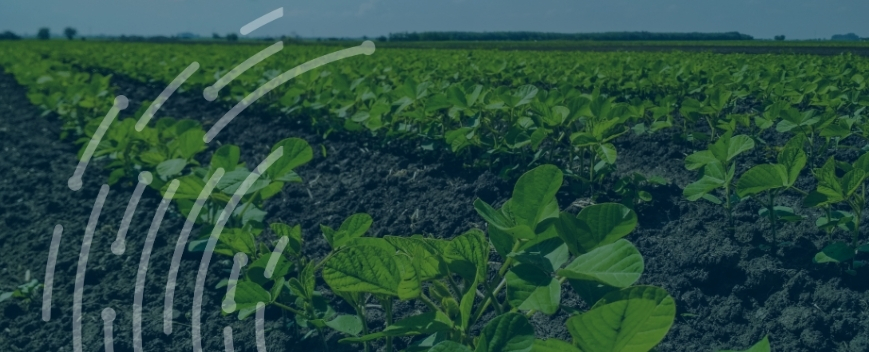Agricultural Trade Finance (SIC 01110)

Access trade, receivables and supply chain finance
We assist companies to access trade and receivables finance through our relationships with 270+ banks, funds and alternative finance houses.
Get startedBenefits
- Access to finance without cumbersome capital requirements
- Free up working capital to better manage cashflow
- Service larger orders monitored by trade finance experts
Content
What is Agricultural Trade Finance?
With high-volume cargos and strict requirements from purchasers around the processing and quality of receivables, trading in cereal crops can be complex and costly. In times of volatility and low margins within the agri and soft commodities sector, Trade Finance Global is here to help assist with agricultural trade finance.
Agricultural Trade Finance
Trade in agricultural crops has grown over the last decade as the global market for them expanded, largely driven by rising demand from consumers and fellow agricultural producers in Africa and Asia. Although prices have fluctuated as global weather patterns and domestic consumption place natural constraints on the volume of cereals, crops and oil seed produced globally, and therefore the volume available for export, this overall upward trend has seen the total volume of global trade in these products rise over 50% in the last decade.
Trade Finance Global can help to structure bespoke financing packages that enable the expansion of trade in these commodities and support the complex journeys required to move them from processor to port and port to purchaser. As well as using conventional export factoring products to finance profitable ventures, TFG can assist with performance bonds or bank payment obligations to ensure that key processing and transport tasks required of third parties during the transaction are undertaken promptly and properly, guaranteeing a quality receivable for the purchaser.
The Government and Agricultural / Farm Finance
The government offers several sources of advice and financial support to farmers looking to export both within and beyond the EU. These schemes are operated jointly by both the Department for International Trade (DIT) and the Department for Environment, Food and Rural Affairs (DEFRA). More information is available here.
Products financed
Key agricultural products financed include:
- Wheat
- Barley
- Oats
- Rye
- Chickpeas
- Lentils
- Rapeseed
- Flaxseed
- Soybean
Agricultural Producer Finance Requirements
- Your business has a good trading history or end customers
- You and your business are creditworthy
- You have active buyers or customers
How the transaction works
Agricultural producers have a fairly unique set of financial circumstances, and so require support with their risk management. As relatively high-capital, low-revenue businesses, often trading with only several high-volume and well-established customers, their financing needs can be complex. Moreover, expanding production or export activity can be particularly expensive for producers, which correspondingly can create great uncertainty for both sellers and buyers. To solve these issues, trade financiers can help agricultural businesses access finance from private lenders to negotiate bespoke terms suited to their industries unique requirements, whilst offering less onerous capital requirements on loans than conventional banks.
What is the SIC Code for Agricultural Trade?
SIC Code
01110
Wholesale of household goods (other than musical instruments) n.e.c.
Businesses engaged in the growing of cereals (except rice), leguminous crops and oil seeds are all covered by a single SIC code – 01110.
Other SIC Codes that could also be used are:
- 01160 Growing of fibre crops
- 01190 Growing of other non-perennial crops
- 01270 Growing of beverage crops
- 01290 Growing of other perennial crops
- 01610 Support activities for crop production
- 01630 Post-harvest crop activities
- Separate information regarding sector-specific trade financing is also available for firms engaged in producing or trading Fruit, Spices and Aromatic Drugs, and Farming and Livestock.
Full tariff schedules for cereals, oil seeds and legumes can be found on gov.uk.
Case Study

Agri-business, Agriculture Finance
A small commercial farm based in Norfolk sold oilseed to customers across the UK and Europe. The client wanted to release finance secured against their accounts payable to manage their extended trade cycle. Trade Finance Global helped create a finance solution for this client, and is providing further support as the business pursues further international ventures.






















